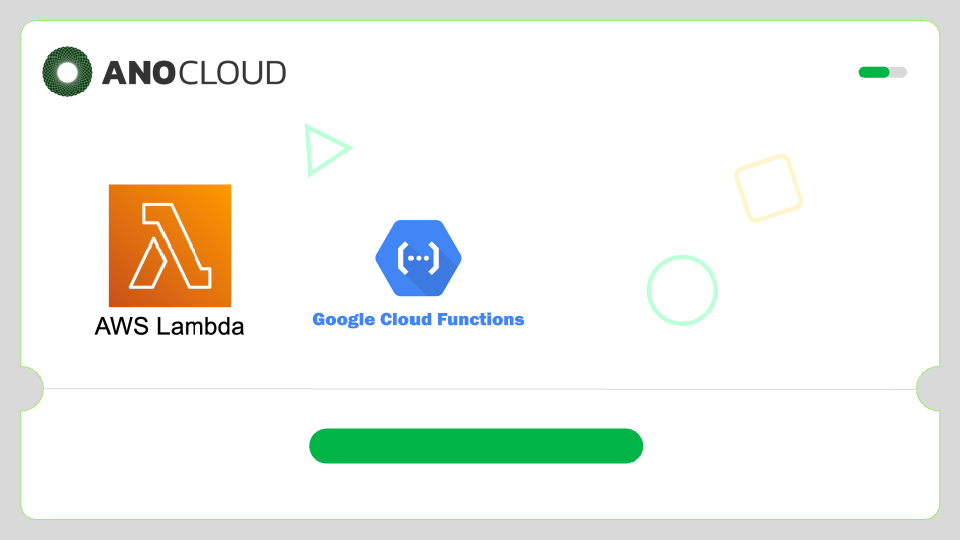.png)
Okta and Auth0 are leading IAM solutions with different strengths. Okta excels in enterprise-grade features and security, while Auth0 prioritizes developer-friendly customization and customer identity management.
Read more.png)
Okta and Auth0 are leading IAM solutions with different strengths. Okta excels in enterprise-grade features and security, while Auth0 prioritizes developer-friendly customization and customer identity management.
Read more
Amazon RDS and Google Cloud SQL are fully managed database services offering ease of use, scalability, and high availability. RDS supports a wider range of database engines while Cloud SQL emphasizes strong high availability and seamless scalability within the Google Cloud Platform.
Read more
Azure DevOps and GitHub Actions are powerful CI/CD platforms with different strengths. Azure DevOps offers a comprehensive suite of tools and deep Microsoft integration, while GitHub Actions provides tight GitHub integration, a vast marketplace, and a thriving community.
Read more
AWS Lambda and Google Cloud Functions are leading serverless platforms offering autoscaling, event-driven architecture, and pay-per-use pricing, with Lambda boasting a mature ecosystem and Cloud Functions providing faster cold starts. Choosing the right platform depends on your specific needs, including existing cloud infrastructure, preferred programming languages, and cost considerations.
Read more
Splunk and ELK Stack are powerful data analytics and log management platforms with different strengths. Splunk offers a user-friendly experience and robust features but comes at a high cost, while the open-source ELK Stack provides flexibility and affordability, requiring more technical expertise.
Read more
Terraform uses a declarative approach to manage cloud infrastructure, while Ansible employs a procedural approach for configuration management. Choose Terraform for provisioning cloud resources and Ansible for configuring and deploying applications within that infrastructure.
Read more